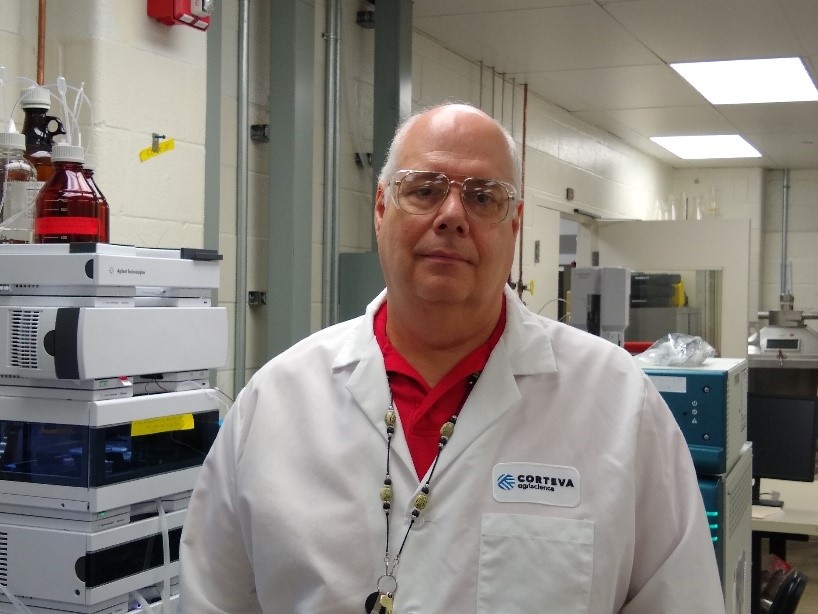
There are over 4,000 known “forever chemicals” that have been found in surface and ground waters, and even in human blood. They get their nickname for their persistence in the environment and poor absorption to most surfaces. Documentaries like “The Devil We Know” and the movie “Dark Waters” have highlighted the potential for health threats to communities.
A method to detect and measure these per-and polyfluorinated alkyl substances was made available to analysts in 2000 with the commercialization of liquid chromatography-tandem mass spectrometry. Although it could detect levels in water at part per trillion and in soil, sludge, sediment and biota at parts per billion, the analysis proved problematic.
Dr. Charles Powley, chief scientist at the Center for PFAS Solutions in New Castle, Delaware, will bring these challenges to PFAS analysis to light Wednesday, April 19, at a seminar at the University of Maryland Eastern Shore. The 11 a.m. lecture is free and open to the public as part of the School of Agricultural and Natural Sciences Seminar Series.
Powley brings over three decades of experience in trace level analysis of PFAS and pesticide residues in the environment while working for the DuPont Company to the discussion. His work has been shared in professional journals and has formed the basis for much of the PFAS analytical work done today.
According to Powley, significant challenges involve contamination from a wide variety of fluorinated surfactants and fluoropolymers that can be introduced at all stages of the analysis, from sampling to instrumental determination. Source identification, one of the primary goals in analysis, in many cases is not possible due to the wide variety of potential origins over the 70-year history of use.
Powley’s current research at PFAS focuses on the detection and removal from the environment of these chemicals. The company also provides water testing services on the Delmarva Peninsula.
The lecture will be held in the auditorium in Carver Hall. For more information on the seminar, visit https://wwwcp.umes.edu/sans/sans-seminar-series/ , or contact Dr. Ahmed Elnabawi at aelnabawi@umes.edu.
Gail Stephens, agricultural communications and media associate, University of Maryland Eastern Shore, School of Agricultural and Natural Sciences, 410-621-3850, gcstephens@umes.edu
Photo submitted.

